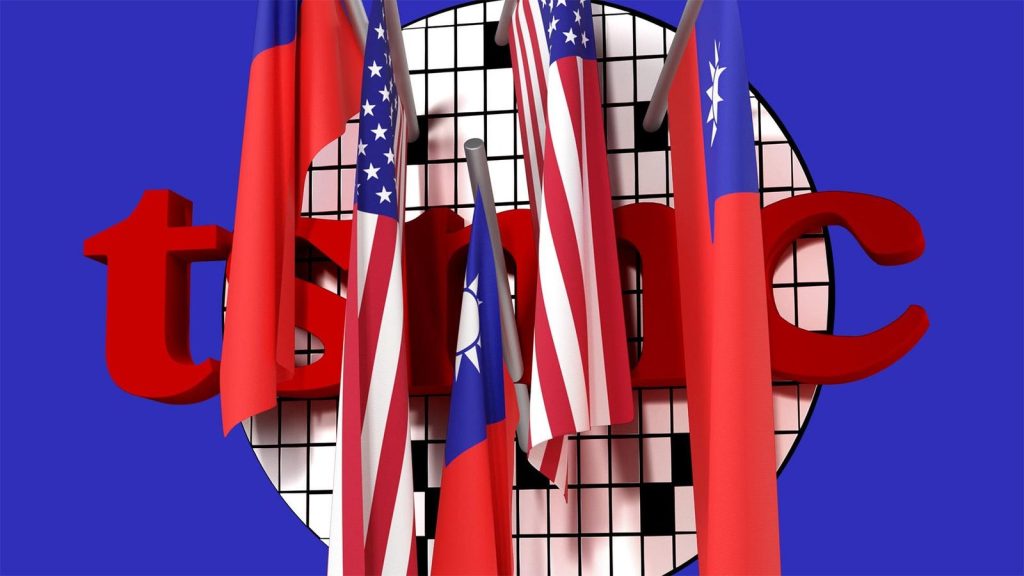A group of U.S. employees of Taiwan Semiconductor Manufacturing Company (TSMC) has filed a lawsuit accusing the chipmaker of implementing a discriminatory scheme that favors Taiwanese foreign workers over American employees. The suit alleges that TSMC has displaced U.S. workers in favor of Taiwanese hires, despite receiving $6.6 billion in federal funding to support its expansion in the United States. The lawsuit claims that TSMC’s parent corporation is comprised mostly of Taiwanese nationals who enforce discriminatory policies on its U.S.-based subsidiaries.
The lawsuit, originally filed by current TSMC employee Deborah Howington, has been joined by twelve former staff members with similar allegations. The plaintiffs, including American citizens and non-Taiwanese foreign nationals, claim that TSMC’s alleged discriminatory practices violate U.S. laws. They accuse the company of giving preferential treatment to employees who can speak Mandarin Chinese, as well as providing better performance reviews and job assignments to Taiwanese workers on visas. TSMC has not yet responded to the lawsuit and declined to comment on the ongoing litigation.
The suit also alleges that TSMC uses Mandarin Chinese as the primary language of communication, making it difficult for English-speaking employees to do their jobs. Meetings and business materials are often conducted in Mandarin, and employees are forced to decipher instructional texts with translation services. The company’s hiring practices reportedly favor Taiwanese candidates for U.S. jobs, with one plaintiff claiming that a Taiwanese colleague was convinced to stay in the U.S. by offering a job to his underqualified girlfriend as a construction safety engineer.
TSMC’s use of foreign workers is not unique in the U.S. tech industry, where visa programs like the H-1B are controversial. The lawsuit comes amid tensions over immigration policies, with some visa holders preparing for resistance under the current administration. TSMC’s operations in Phoenix have led to significant development in the area, with construction projects underway to accommodate its growing immigrant community. Local churches and schools are providing support services for Taiwanese employees, including English-language classes and housing assistance.
Despite the controversy surrounding its hiring practices, TSMC remains on track to begin chip production at its factory in Phoenix early next year. The company has not yet responded to the allegations in the lawsuit but has stated that it values a diverse workforce and provides equal employment opportunities. The outcome of the lawsuit could impact TSMC’s future operations in the United States and raise questions about the treatment of foreign workers in the tech industry.















